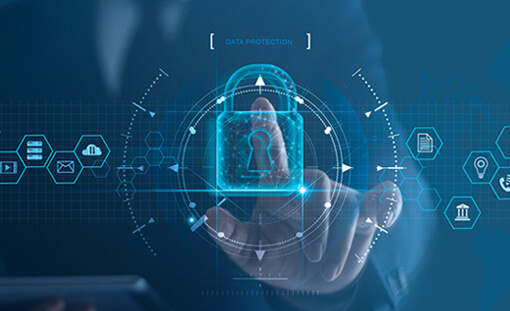
The ever-evolving landscape of cybersecurity threats poses a significant challenge to Security Operations (SecOps) teams worldwide. In light of this, Managed Detection and Response (MDR) has emerged as a crucial ally in fortifying defenses and enhancing cyber resilience. Here are five compelling reasons why incorporating MDR into your SecOps strategy is essential:
Regulatory compliance is a top priority for organizations, with stringent regulations such as GDPR and HIPAA requiring meticulous attention to detail. MDR services play a vital role in simplifying the complexity of compliance by providing continuous monitoring and detailed reporting. Through automated processes and expert analysis, MDR helps identify and mitigate compliance gaps, ensuring organizations meet and exceed regulatory requirements.
Taking a proactive approach to threat management is essential in today’s cyber landscape. MDR leverages cutting-edge analytics and threat intelligence to identify potential security incidents before they escalate. By continuously monitoring for suspicious activities and employing advanced behavioral analysis, MDR enables SecOps teams to stay ahead of cybercriminals and minimize the risk of significant breaches.
Improving an organization’s security posture is a multifaceted process that requires comprehensive evaluation and fortification of cyber defenses. MDR services go beyond detection and response to include education and training for staff, refining security policies, and adapting to the evolving threat landscape. By embedding best practices and fostering a culture of security awareness, MDR ensures organizations are prepared to counteract current threats and future challenges.
The integration of intelligent automation with human expertise is a key component of MDR’s effectiveness in securing digital environments. By combining the speed and efficiency of automation with the contextual analysis of human analysts, MDR provides a dynamic and adaptive response to cyber threats. Automation accelerates routine tasks, allowing security professionals to focus on strategic decision-making and threat hunting, resulting in a comprehensive defense mechanism against sophisticated cyber attacks.
Data normalization is crucial for enhancing security insights and streamlining the detection of potential security incidents. MDR excels in harmonizing disparate data streams through data normalization, standardizing diverse security data into a cohesive format for effective analysis. By aggregating and normalizing data from various sources, MDR creates a comprehensive security dataset that enables deeper insights and more informed decision-making, fortifying organizations against an ever-evolving threat landscape.
In today’s digital era, where cyber threats are increasingly sophisticated and pervasive, leveraging MDR services is no longer a choice but a necessity for organizations seeking to protect their assets and ensure operational continuity. By embracing MDR, organizations can transform their SecOps, fortify their defenses, and foster a more secure digital environment. The role of MDR in shaping the future of cybersecurity is paramount, highlighting the importance of adopting advanced security measures in an interconnected world.

